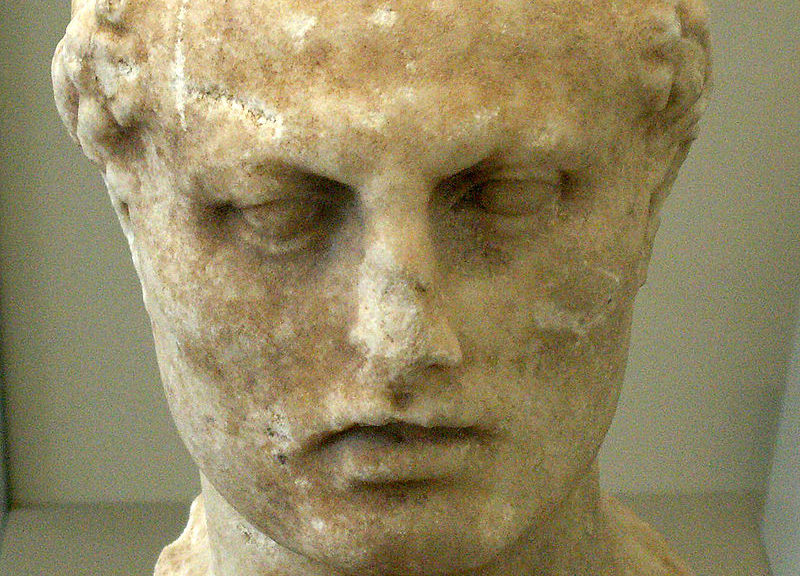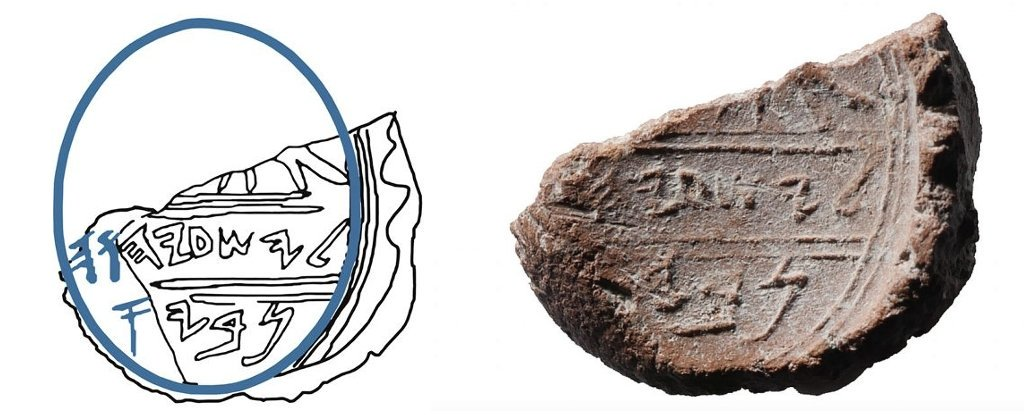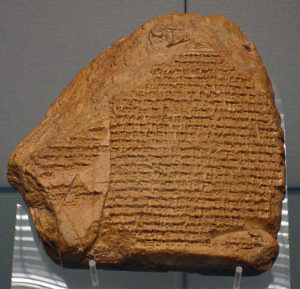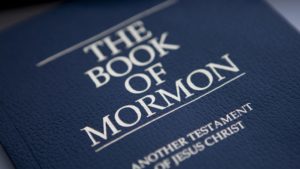Differences in Hebrew & Greek Genealogies of Genesis 5 & 11
 There are some significant differences between the Hebrew and Greek genealogies of Genesis 5 and 11. Do these differences really matter?
There are some significant differences between the Hebrew and Greek genealogies of Genesis 5 and 11. Do these differences really matter?
“I want you understand what really matters, so that you may live pure and blameless lives until the day of Christ’s return”—Philippians 1:9 NLT
The Bibles that we use today are generally based on a Hebrew Refined Master Text, usually the Biblica Hebraica. A comparison of the genealogies in Genesis 5:1-32 and Genesis 11:10-26 in the Old Testament in our modern Bibles, which are translated from the Hebrew Text, with the Greek Septuagint Version (LXX), reveals that the Greek version has more years between the time of Adam’s creation and Abraham, because: (1) The listed mens’ ages when their son is born are generally higher, often by 100 years; and (2) Cainan is included in the Greek Septuagint text, but not in the Hebrew text. However, the overall length of their lives remains the same, in the both the Hebrew and the Greek texts.





